Unilever product faces ad ban due to opaque green claims
Unilever has come under scanner from UK advertising regulators for making inconsistent and opaque promises about the environment.
An ad featuring cleaning product brand Persil has been banned from airing on TV in the UK. The ad was a part of its “Dirt is Good” campaign. The ad, which gave thrust to the product’s sustainability aspects, ended with a statement that Persil “was kinder to our planet”.
The IPG agency MullenLowe's inventive began with a picture of a beach covered with trash and plastic, then zoomed in on a young boy watching the picture on TV.
Before a woman posted the hashtag "#plantmoretrees" on a social media account, a voiceover said: "At Persil, we believe that change doesn't only happen in the comments section." For true change, the narration said, "We all need to roll up our sleeves and get dirty, before noting how Persil could be used successfully in a cold wash and pointing out that its iconic bottle was generated out of plastic that is recycled.”
"Tough on stains, nicer to our earth," the advertisement continued. "Dirt is good," showcasing children playing in sunny outdoor scenes as they run across white sheets.
Unilever countered that the advertisements demonstrated how Persil continuously improved its products to make them more environmental-friendly, noting that it was "clearly proven" that lowering the temperature of a wash load reduced carbon emissions. It also claimed that at least 50% of the plastic in its plastic bottles came from post-consumer recycled sources.
The CPG major concluded by highlighting its larger "Clean Future" campaign, which seeks to end the use of fossil fuels and achieve net zero carbon emissions in cleaning products by 2030, as well as Persil's grassroots schools effort, which educates kids about sustainability.
Environmental claims, however, must be specific and well-substantiated, according to ASA regulations. It was pointed out that claims that a product was greener or friendlier could only be supported by evidence showing it had overall environmental advantages over earlier models or rival products.
"Although we recognised Persil was taking steps to reduce the environmental effect of their products, we had not witness evidence or analysis to elaborate the overall environmental impact of the featured liquid detergents over their full life cycles, compared with Persil's own previous products or other products. We came to the conclusion that the "kinder to our world" claim's justification was unclear. Furthermore, we came to the conclusion that the advertisement was probably misleading in the absence of evidence showing that the product's entire life cycle had a lower environmental impact than a previous formulation," the ASA ruled in its decision.
The decision against Unilever comes at a time when environmental promises made by advertisements are being scrutinised more vigorously by authorities and consumers worldwide.
Coca-Cola and H&M are two brands that have recently faced criticism. Environmental claims from fast-fashion companies like ASOS are also being scrutinised in the UK by the competition and market watchdog (CMA).


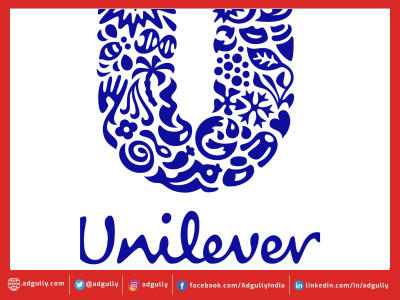


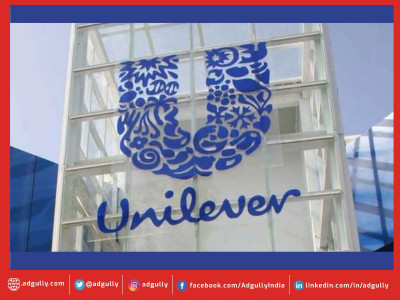


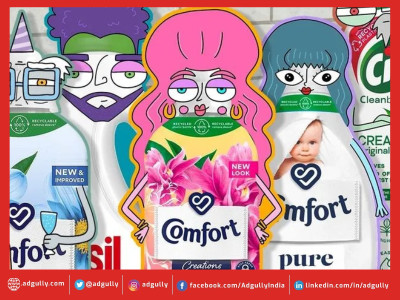
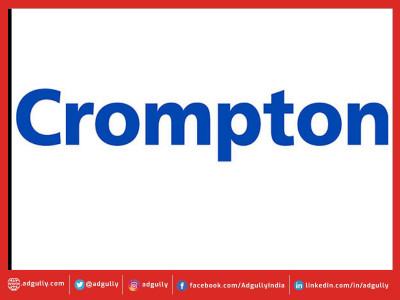




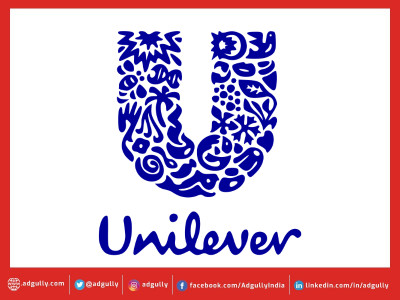

Share
Facebook
YouTube
Tweet
Twitter
LinkedIn